FORT JACKSON, S.C. -- When Lillian Dixon was asked to select her top choice for military occupational specialty while in ROTC, the daughter of an infantry officer did not hesitate: Infantry. Dixon, now a colonel and Fort Jackson garA,AA,Arison commander, was aware that the infantry was not open to women. And though she ultimately went into personnel, her first choice was indicative of her view that gender should not be a hindrance.
As Fort Jackson celebrates Women's Equality Day next week, the community members need not look beyond the post for women like Dixon who are examples of the strides women have made in equality.
Like other women in civilian or military leadership positions, she did not let bumps in the road deter her from reaching her goals.
"Coming through the Army, I've been given just as many opportunities as my male counterparts," Dixon said. "But I sometimes feel like I've had to work harder in my jobs to get equal credit as some of my male counterparts."
Command Sgt. Maj. Tracy Johnson, 3rd Battalion, 34th Infantry Regiment, agrees that women often have to establish themselves, especially in an environment such as Basic Combat Training, which is predominantly male.
"I feel every job or every assignment I've ever had in the military, being a female, I've always had to prove myself," Johnson said. "And I think that's because of the assignments that I've been on. When you take the hard assignments, you're around a majority of males. And being around a majority of males, you do have to prove yourself to prove that you can do it just as much as they can do it."
First Sgt. LaShan Hayes, Company D, 3rd Bn., 34th Inf. Reg., remembered that when she was a drill sergeant, the male drill sergeants in her company often questioned whether she was able to handle the Soldiers by herself.
"They wanted to stick around and make sure that (I could) handle the 240 Soldiers," Hayes said. "I used to constantly say, 'You know, I got it. I can do this. I'll be OK.'"
Col. Nancy Hughes, commander of Moncrief Army Community Hospital, said that while those stereotypes may still exist, the Army's structure allows women to be readily accepted in leadership positions than might be the case in the corporate world.
"The thing about being in the Army is, because you have rank, I think that might make it a little bit easier, because people understand the rank structure," Hughes said. "I think that people are less concerned about whether or not they're working for a woman. I think they look at it that they're working for someone who outranks them."
As a DA civilian, Emma Watson, Residential Communities Initiative director, said she has experienced some obstacles, especially during the early stages of her career. Watson has been in civil service for 22 years and said that the men under her supervision were not always thrilled to work for a woman, with some openly questioning her ability. She acknowledges that at first, she felt angry about being rejected based on her gender.
"I can't say I ignored it, because it did bother me," Watson said. "I wasn't ready for it. I didn't think people really thought that way."
Watson said she has learned to cope with those sentiments and acknowledges that things have somewhat improved over time. One lesson she said she learned from her experiences is how to treat her subordinates.
"I try to always treat everybody fairly, regardless of gender or any of those other discriminatory identifiers," she said.
Silvia Butler, the installation's transportation officer and chief of the transportation division in the Directorate of Logistics, said she felt that being a woman slowed her progress early in her career.
"Every time I applied for a job or got a promotion, it was difficult," Butler said. "It was like you had to scrape for it. You had to really go over and above what other people seemed to do to get a promotion. ... Maybe it's not so bad now as it was 30 years ago, but at the time it was very difficult for (women) to get promoted."
However, Butler emphasized that she thinks the DA is a good place to work for women because of regulations that cover, among other things, equal pay for the same work.
Command Sgt. Maj. Darlene Hagood, regimental command sergeant major for the Adjutant General's Corps and command sergeant major of the AG School, said that -- while women have made strides - there are still obstacles for women to overcome as they progress in their careers.
"As a woman trying to reach the top you have to be better," Hagood said. "You have to prove yourself and sometimes, even when you do, some still think you are not good enough."
Hagood, who has two daughters, also mentioned the responsibility of balancing family and career.
"You still have to be a mom and wife," she said. "Sometimes I felt like I had two jobs. ... It has not always been easy being in leadership positions and being a wife and mom."
Hayes said she made a conscious decision not to have a family because of the demands of her career. Those with children said a strong support system is important in balancing family and work, but knowing your priorities and being able to compromise are key factors.
"My mentality has always been that my daughter comes first. My daughter comes before the Army," said Dixon, who has one daughter. "It didn't mean that I wasn't going to take a deployment or do some military mission. But it did mean, whenever possible, if she had a basketball game, a track meet, some pageant - whatever - I would do whatever it took to get there to be there to support her. But you can't be at everything all the time, so you have to negotiate with your family and say, 'What's most important to you'' and you be at those things when and where you can."
Despite some of the challenges faced by women in leadership positions, each of the women interviewed expressed no regret about the path they chose.
Hagood, who is the first woman to hold her position, said she hopes that the current group of female leaders are able to prove that women can do the job as well as men and blaze a trail for those coming after them.
"I am honored to be the first, and I know I will not be the last," Hagood said. "It is my mission to ensure my performance in this position is such that leaders will know that (women) can do this."
If you go:
In celebration of Women's Equality Day, a luncheon is scheduled Aug. 18, 11:15 a.m. at the Officers' Club.
The guest speaker will be Jeanne Stiglebauer, principal of Dreher High School.
Women's Equality Day commemorates the passing of the 19th Amendment to the Constitution, Aug. 26, 1920, which gave women the right to vote.
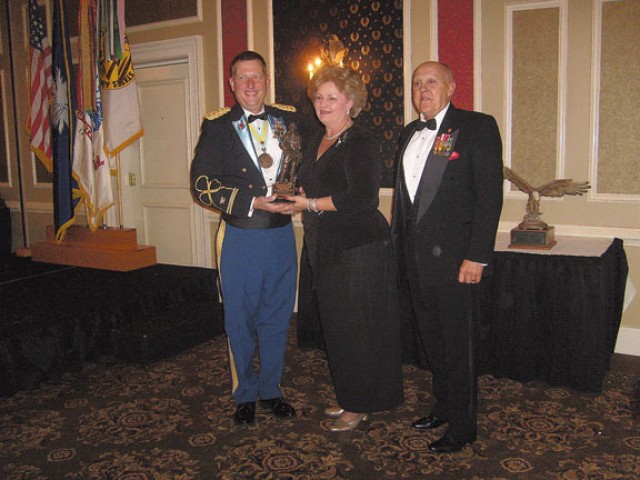
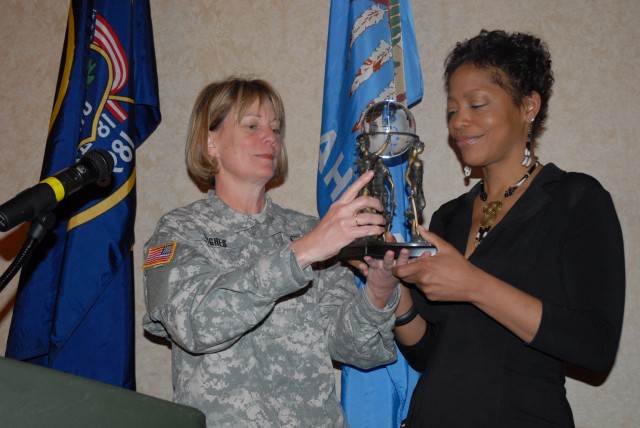
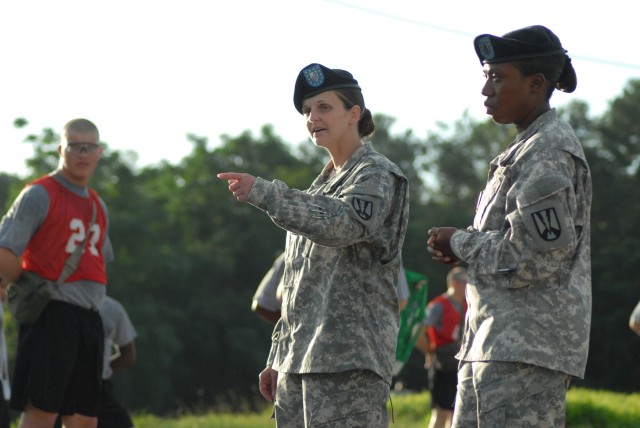
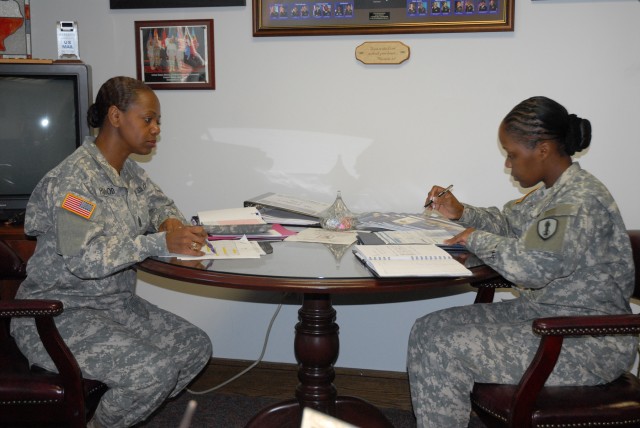
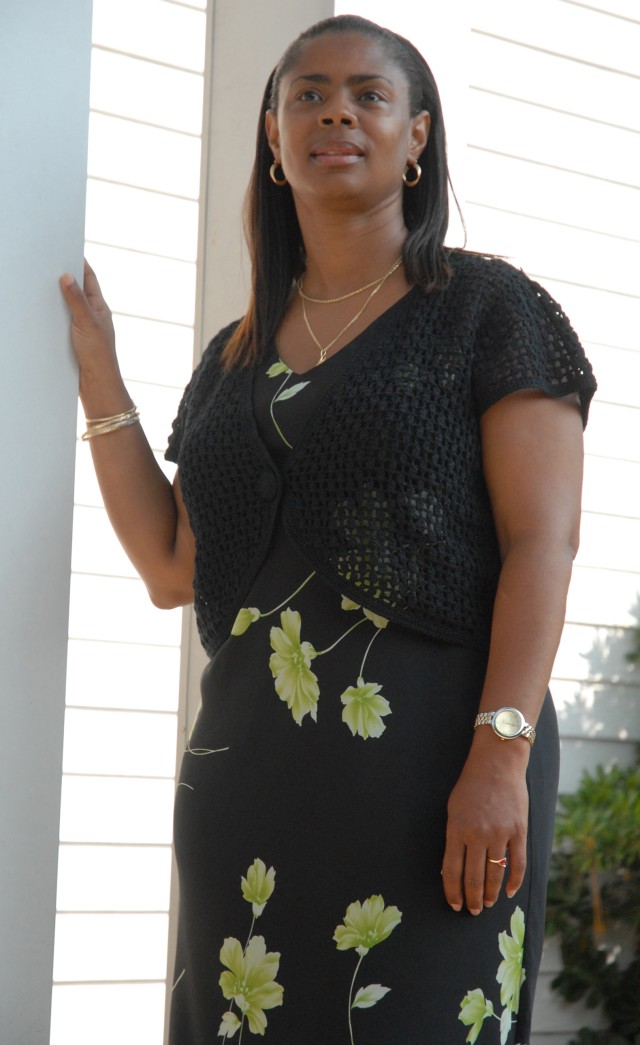
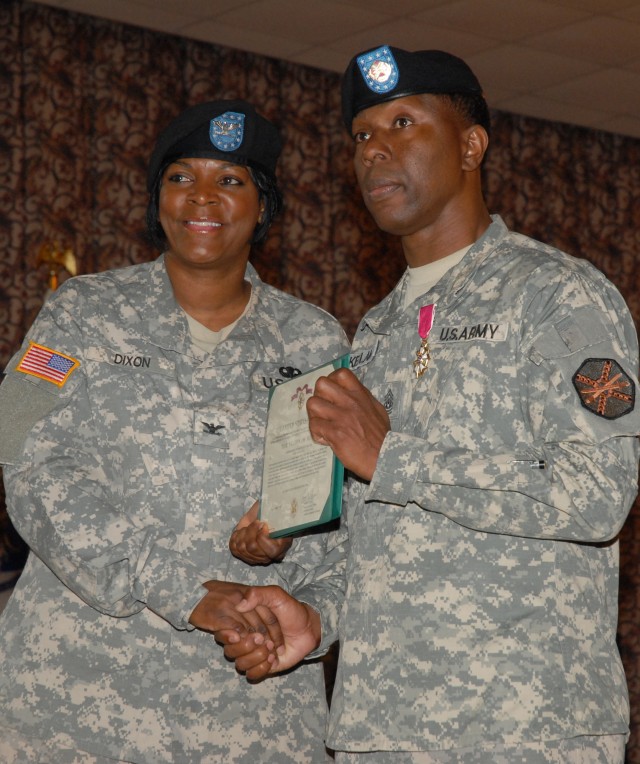
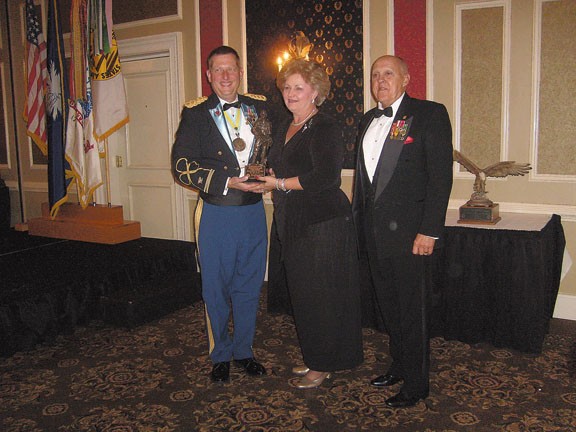
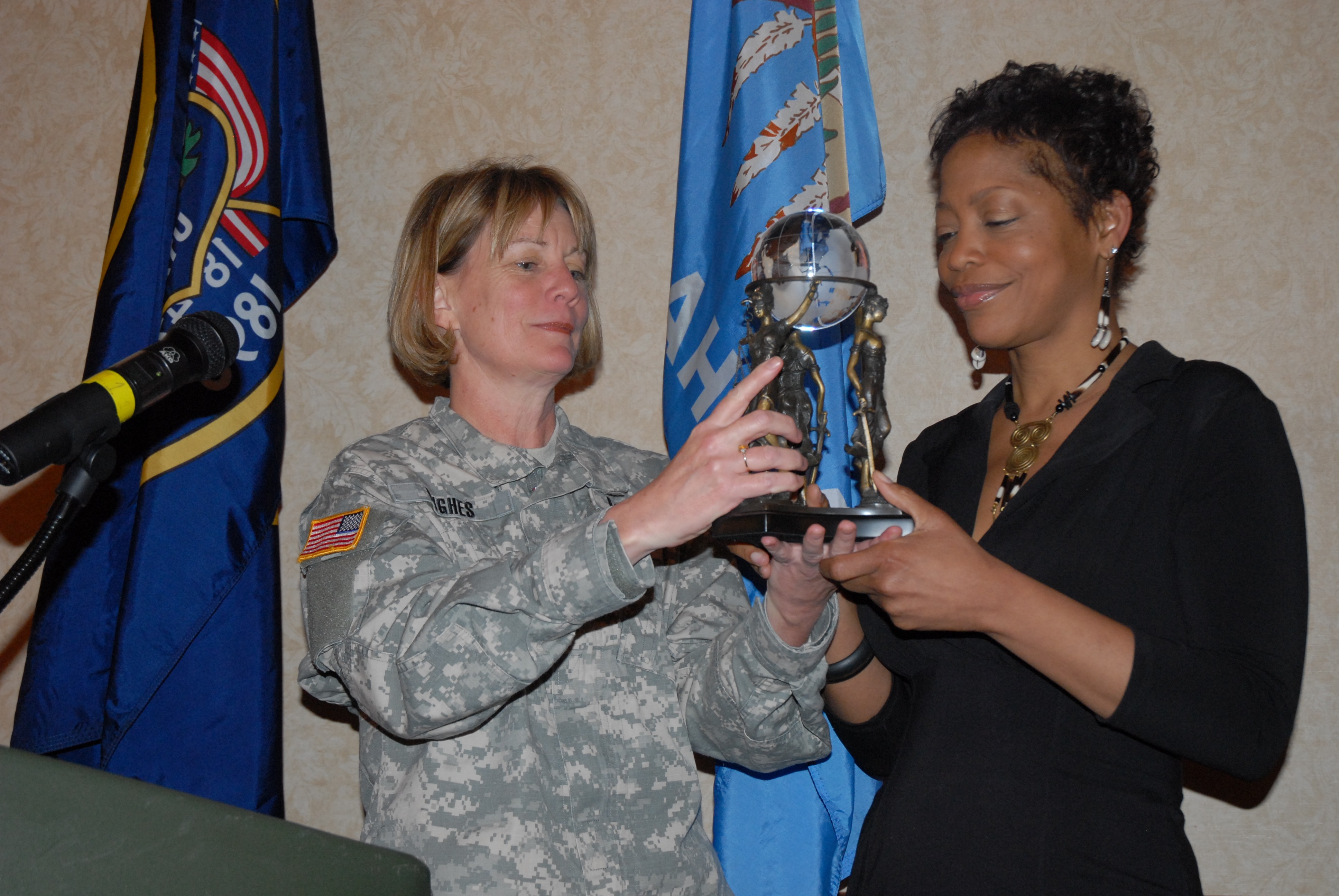
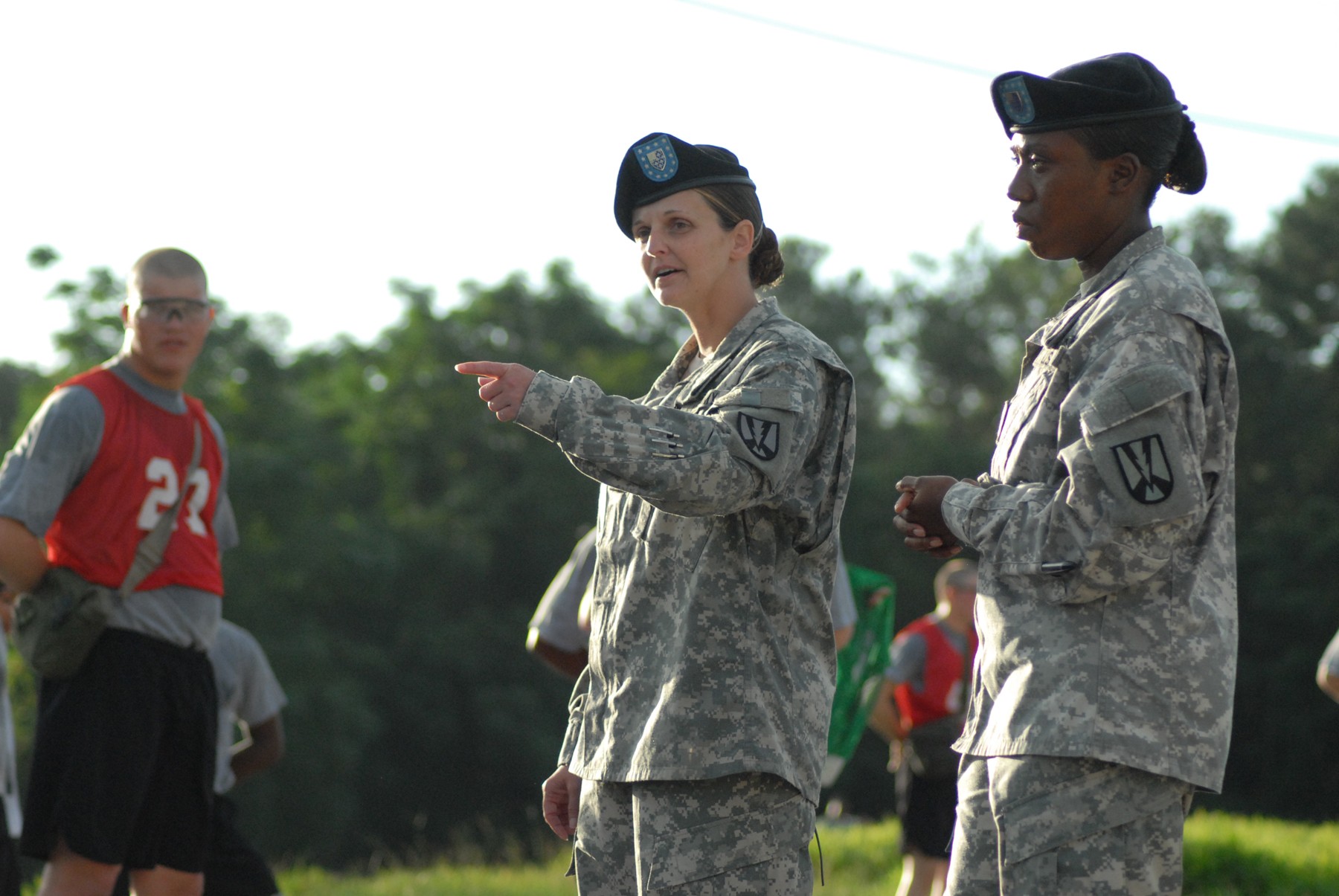
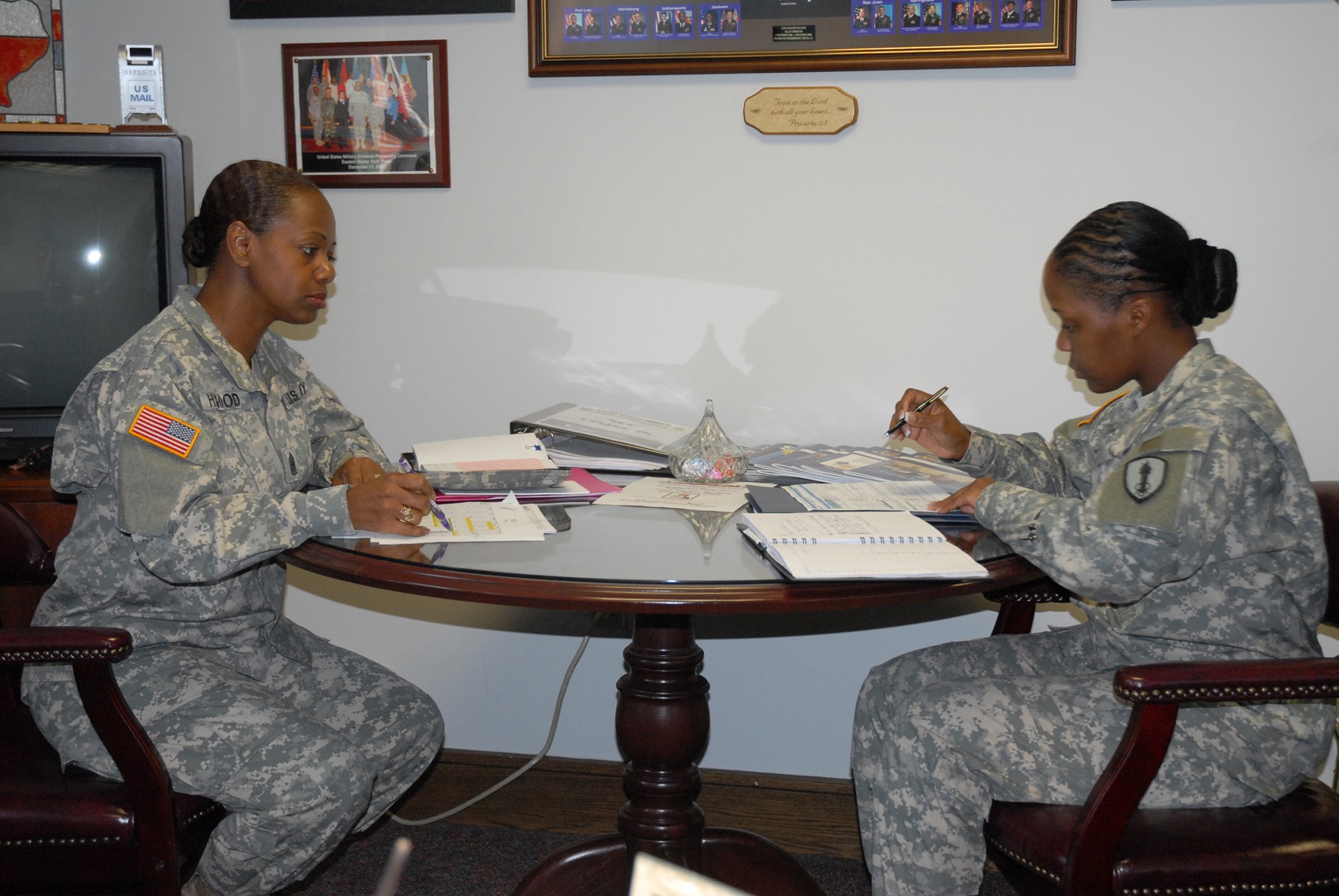
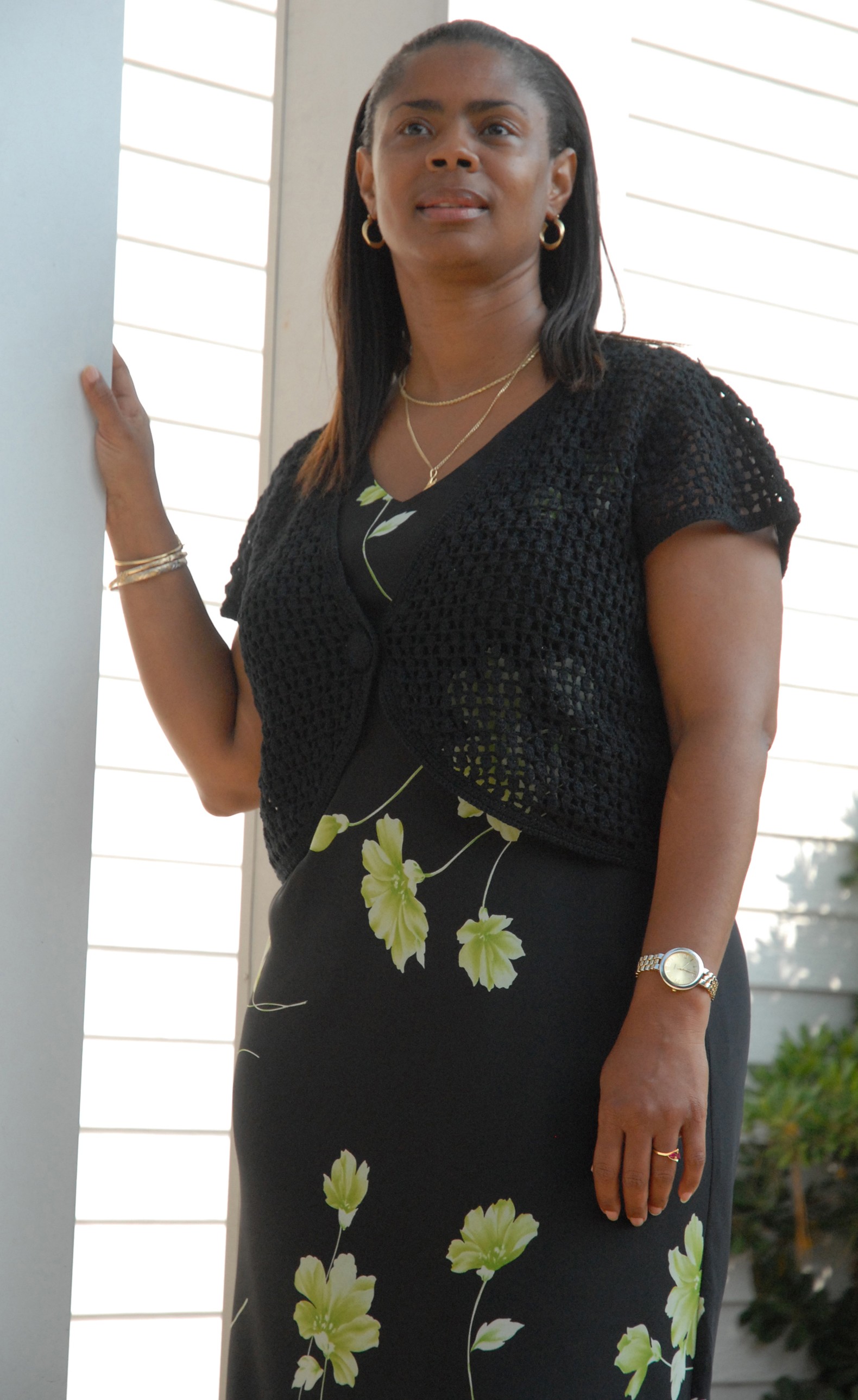
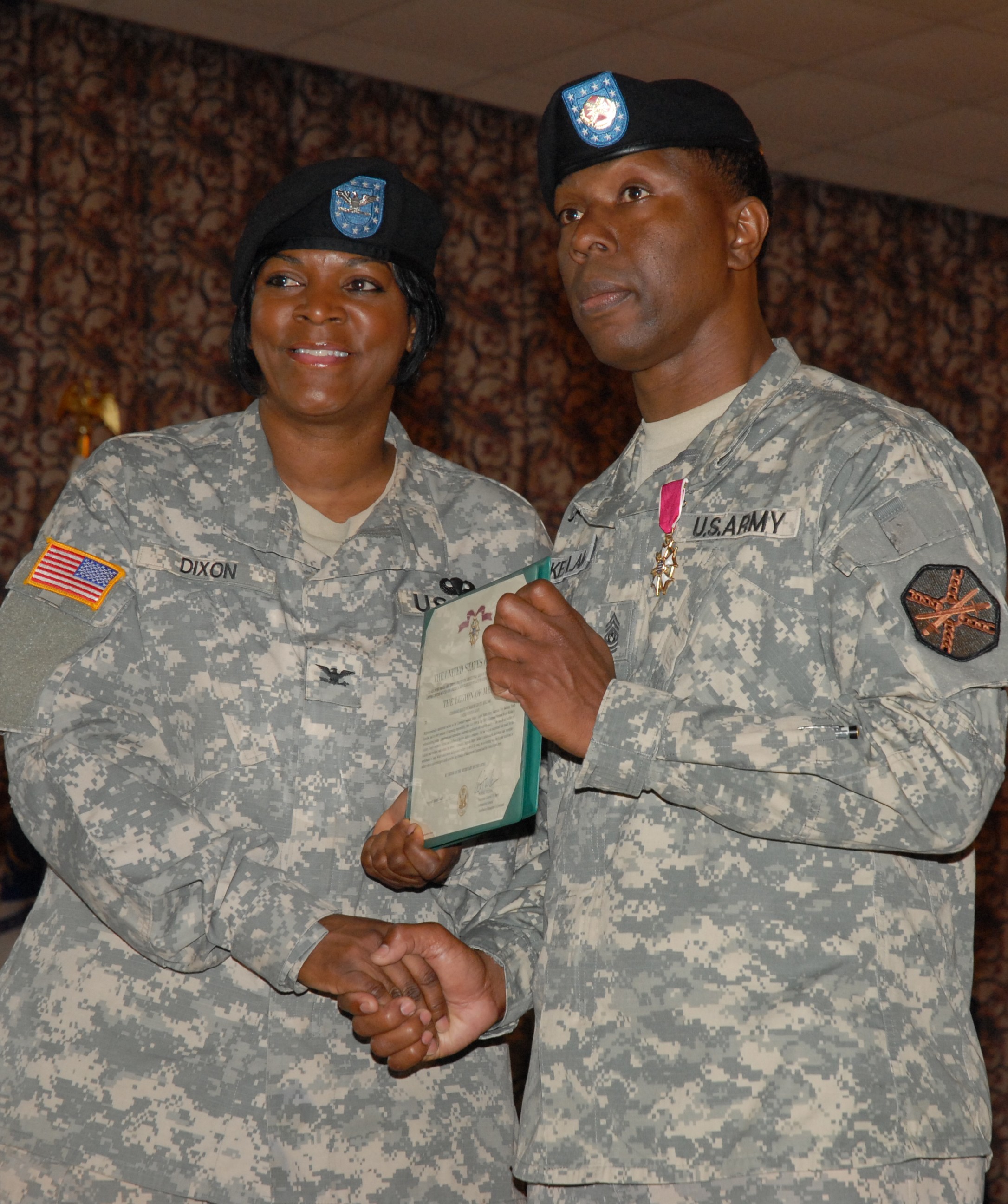
Social Sharing